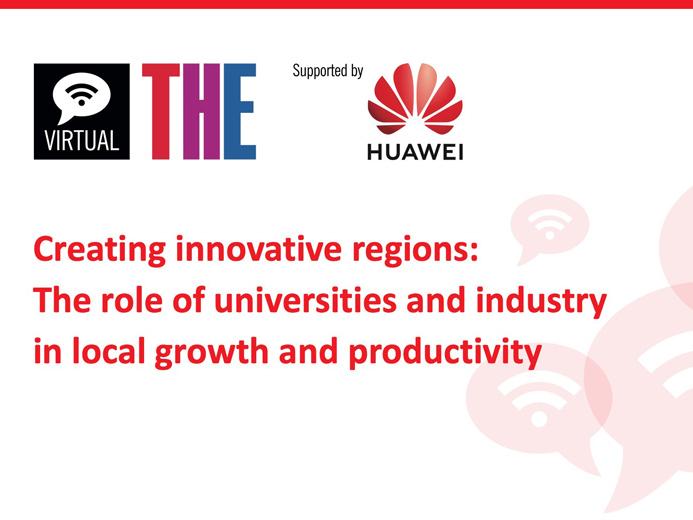
Four ways universities can enhance their community impact
Go beyond the campus walls to enrich the surrounding community educationally, socially and economically. Xiuli Guo outlines how
Universities play a pivotal role within their local communities. Multiple studies have found a correlation between the presence of a university in a large town or city and socio-economic development in the local area. They are key drivers of social, technological and economic innovation.
With that fact comes one simple question: how do we make sure the impact upon a region is long-lasting and fit for purpose? There is not a one-size-fits-all answer. Instead, it requires a nuanced exploration of potential avenues through which universities can enhance their community impact.
Partner with the local community
Initiate and nurture collaborative partnerships between universities and local stakeholders. This involves forging alliances with community organisations, governmental entities, businesses, schools, community groups and charitable organisations. Collaborations like these are instrumental in addressing shared objectives and challenges, pooling resources and leveraging collective expertise. By fostering these partnerships, universities and local communities can establish a dynamic platform for exchanging knowledge, resources and skills.
- Unlocking knowledge within local communities as part of ‘levelling up’
- To build a community in higher education, start from the ground up
- Promoting community and inclusiveness to diverse and dispersed students
These partnerships can help amplify the impact of initiatives, leading to more effective and sustainable development. For example, many universities participate in Knowledge Transfer Partnerships (KTPs), getting involved in successful collaborations with businesses. These play a pivotal role in facilitating innovation for growth and create a positive impact on both the business landscape and the community at large.
Universities also play a key role in bridging the gap between academia and industry by offering internships and organising job placement programmes. These initiatives not only enhance students’ practical skills, but also directly benefit local businesses by providing them with access to a pool of skilled and knowledgeable individuals. A reciprocal relationship between universities and local businesses solidifies the bond between higher education institutions and the communities they serve, resulting in a mutually beneficial ecosystem.
Identify and address community needs
Universities must understand the challenges and opportunities faced by their local communities. A strategic approach involves conducting research with local relevance and addressing community-specific (and perhaps not obvious) issues, allowing the institution to make a meaningful contribution to overall community development.
To enhance the impact of this research, members of the community or local groups should be invited to participate in the research process. This engagement may include activities such as defining research questions, collecting data and co-creating research agendas and solutions together. By involving the community in these processes, universities ensure that their academic research aligns with the needs and priorities of the community, remaining both relevant and impactful.
Communicating research findings in accessible formats empowers local policymakers, enabling evidence-based decision-making at the community level. For example, my university collaborates with local councils and is involved in local projects, such as the ongoing regeneration of Paisley town centre.
Extend educational outreach to the local community
Universities can bridge the gap between academia and local businesses and residents by organising workshops, seminars and educational initiatives. Tailor these sessions to address specific needs and skill gaps within the community. They should encompass a broad spectrum, from academic subjects to practical skills development, and equip both individuals and community organisations with knowledge directly applicable to their businesses and daily lives.
Additionally, extension programmes such as public lectures, community forums and educational outreach initiatives can be established, creating an ongoing dialogue between the university and local businesses and residents.
Collaborating with local colleges and schools also presents an opportunity to inspire students and establish mentorship programmes, nurturing a symbiotic relationship between higher education institutions and the broader community.
Support entrepreneurship
Create innovation hubs or business incubators to foster local economic development. These spaces serve as collaborative environments that encourage local entrepreneurs to conceptualise, develop and launch their ventures.
Universities’ involvement can extend beyond physical spaces, encompassing mentorship, workshops and resource provision for aspiring business owners. This support contributes not only to economic development and job creation but also to the overall well-being of the local community.
By actively engaging in collaborative partnerships, conducting impactful research, extending educational outreach and supporting entrepreneurial initiatives, universities can make a positive and enduring impact that goes beyond the campus wall, resonating throughout the broader community.
Xiuli Guo is programme leader in business & marketing at the University of the West of Scotland.
If you would like advice and insight from academics and university staff delivered direct to your inbox each week, sign up for the Campus newsletter.




